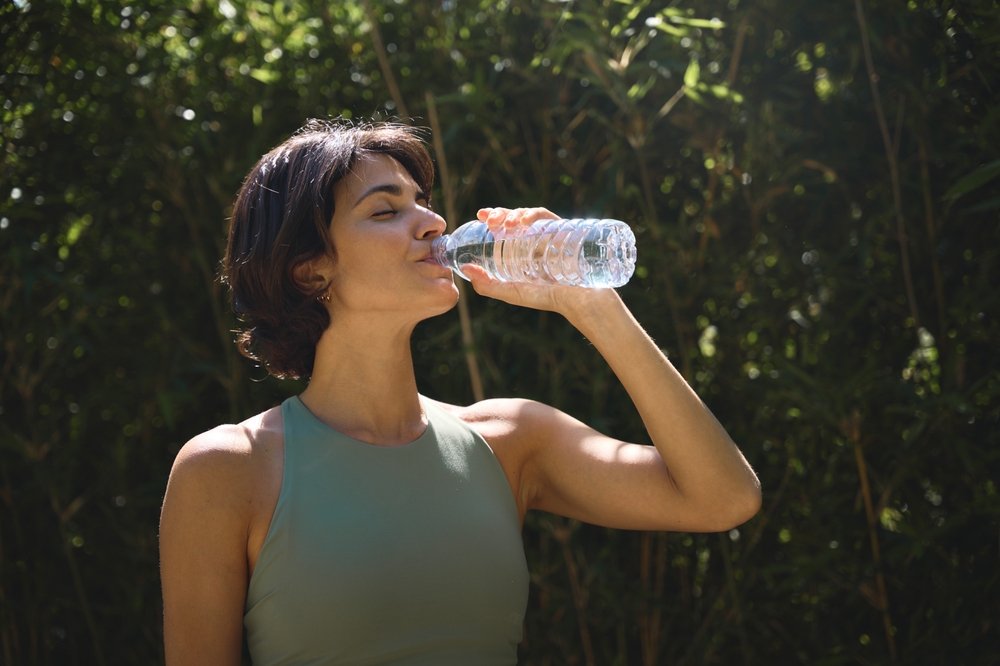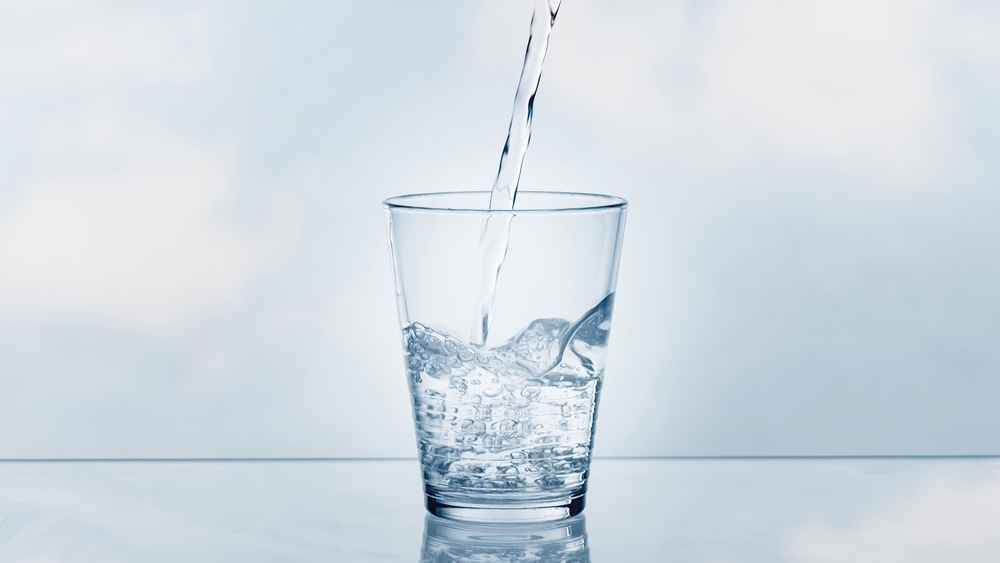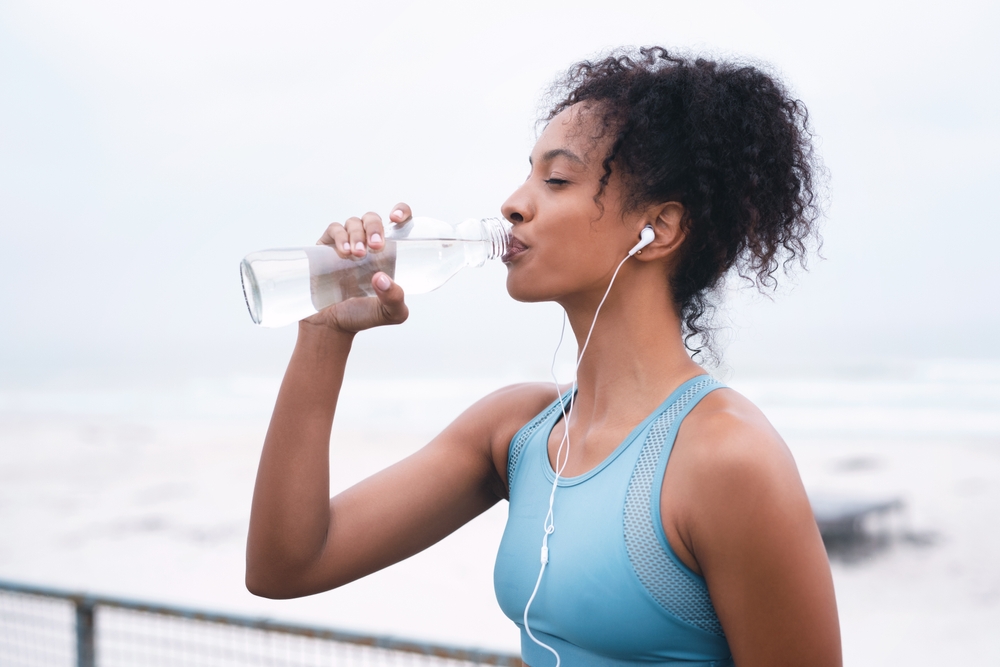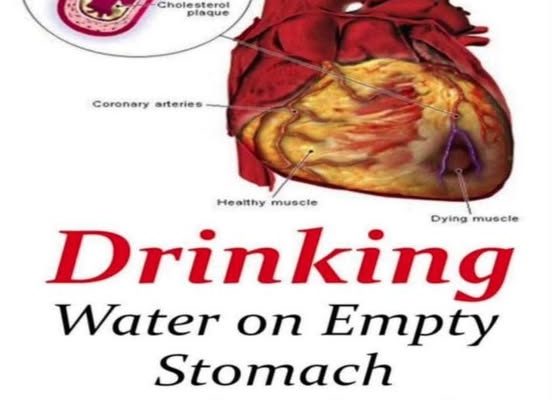Water is the elixir of life, forming about 60% of the human body and playing a vital role in nearly every biological process. From transporting nutrients to regulating temperature, water is indispensable. Among the many hydration habits trending today, drinking water first thing in the morning has gained significant attention. Advocates claim it offers numerous health benefits, but how much of this is fact, and how much is myth?
Why Water is Crucial for Your Body

Water isn’t just a thirst quencher; it’s a life-sustaining force. Every organ and cell in your body depends on adequate hydration to function optimally. Water regulates body temperature, lubricates joints, facilitates digestion, and ensures proper nutrient and oxygen delivery to cells.
Without sufficient hydration, you risk dehydration, which can lead to fatigue, headaches, and impaired cognitive function. So, whether you drink water first thing in the morning or throughout the day, staying hydrated is non-negotiable for good health.
Does Drinking Water in the Morning Really Make a Difference?
Drinking water right after you wake up is often touted as a magic bullet for hydration and detoxification. While there’s some truth to these claims, the timing may not be as critical as proponents suggest.
When you sleep, your body loses water through respiration and sweating, leading to mild dehydration. Drinking water in the morning can help rehydrate your body, but this doesn’t mean you were dangerously dehydrated to begin with.
Contrary to popular belief, the color of your urine in the morning isn’t a foolproof indicator of hydration. While dark urine suggests dehydration, your body’s hydration status depends on consistent water intake throughout the day—not just in the morning.
Can Morning Water Boost Weight Loss?
The idea that drinking water before meals or first thing in the morning aids in weight loss has gained traction. While there’s some merit to this claim, the connection is more about overall hydration and metabolic function than the specific timing.
Water can increase feelings of fullness, potentially reducing calorie intake. Additionally, studies have shown that drinking cold water can induce thermogenesis—a temporary boost in metabolism as your body works to heat the water. However, these effects are modest at best.
Interestingly, some experts warn against drinking too much water right before meals, as it could dilute stomach acid and impair digestion. The key takeaway? Drinking water regularly throughout the day is more important than focusing solely on pre-meal or morning hydration.
Debunking Common Hydration Myths
Hydration is essential, but many myths surround the topic. For instance, claims that drinking water in the morning flushes out toxins or jumpstarts your metabolism lack substantial scientific backing.

Your body has natural detoxification systems—primarily the liver and kidneys—that work round the clock. While staying hydrated supports these functions, there’s no evidence that drinking water at a specific time amplifies detoxification.
Similarly, while proper hydration contributes to healthy skin, there’s no magic link between drinking water in the morning and a glowing complexion. Skin health depends on multiple factors, including genetics, diet, and skincare routines.
What About Japanese Water Therapy?
Japanese Water Therapy has become a wellness trend, with proponents claiming it offers a range of benefits—from weight loss to improved digestion and even disease prevention. This practice involves drinking several glasses of room-temperature water on an empty stomach each morning, followed by strict meal timings.
While increased water intake can promote hydration and aid digestion, the broader claims of curing chronic illnesses lack scientific support. Drinking water alone cannot replace medical treatments or balanced nutrition.

That said, the structured nature of Japanese Water Therapy may encourage healthier habits, like mindful eating and avoiding overeating. Just remember to approach such regimens with caution and consult a healthcare professional before making drastic changes to your routine.
How Much Water Should You Drink Daily?
The recommended daily water intake varies based on factors like age, gender, activity level, and climate. The well-known “8×8 rule” (eight 8-ounce glasses a day) is a good starting point, but your actual needs may differ.
A personalized approach works best. Listen to your body’s thirst cues and adjust your water intake according to your lifestyle. For instance, athletes or individuals in hot climates may need significantly more water to stay hydrated.

Conclusion: The Bottom Line on Morning Hydration
Drinking water first thing in the morning can help rehydrate your body and may contribute to overall well-being, but it’s not a miracle solution. The key to optimal hydration lies in consistent water consumption throughout the day.
Avoid falling for myths that overhype the benefits of specific hydration practices. Instead, focus on maintaining a balanced and sustainable approach to drinking water. Whether it’s a glass in the morning, during meals, or before bed, staying hydrated is what truly matters.
So, grab that water bottle and make hydration a priority—not just when you wake up, but all day long. Your body will thank you for it!



